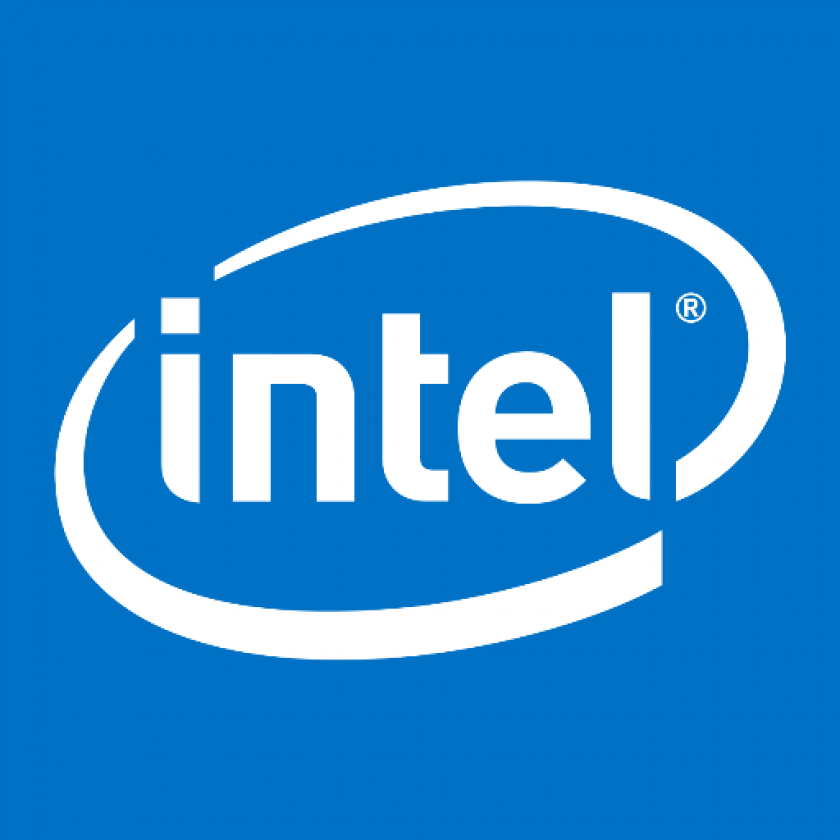Abstract
The area of short range wireless communications has blossomed in the past few years with the popularity of WLAN technologies operating in the unlicensed spectrum. Silicon technology advances permit us to leverage ever more complex signal processing and communication theoretic techniques to squeeze higher throughput, range, quality of service etc., from the limited amount of unlicensed spectrum available. An alternate approach to high speed short range communications was opened for commercial use with the FCC issuing the R&O on rules governing Ultra-wideband radio (UWB) technology. UWB systems employ very large amounts of bandwidth and their transmitters are limited by regulations to emitting at a very low power spectral density. These systems are well suited to very short range communications because of their low power, and are capable of extremely high data rates because of the larger occupied bandwidths. In this talk, we discuss different aspects of PHY layer system design for modern high data rate UWB wireless networks – ranging from the application driven requirements to the need to conform to differing regulatory requirements globally.
Biography
V. Srinivasa Somayazulu is a Senior Staff Researcher with the Radio Communications Lab within Intel R&D, which has a broad charter to conduct research that enables Intel’s leadership in the wireless communications area. He has been with Intel since 2000. His current interests include UWB system coexistence with narrowband wireless communication systems, as well as multimedia transmission over mobile broadband wireless networks. In the past he has worked, among other things, on communications system design for digital TV broadcast systems, CDMA/W-CDMA based cellular systems, OFDM based WLAN systems as well as UWB.


